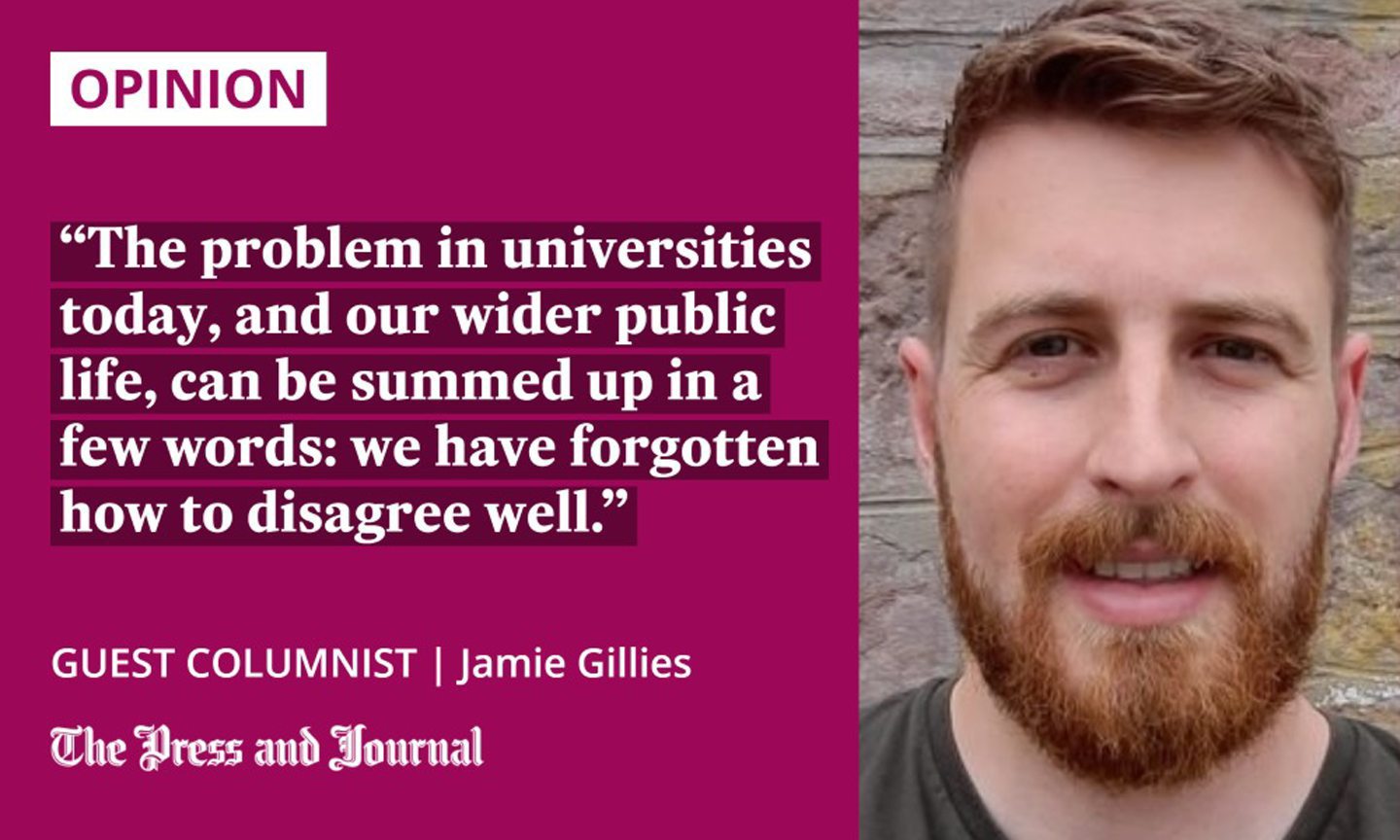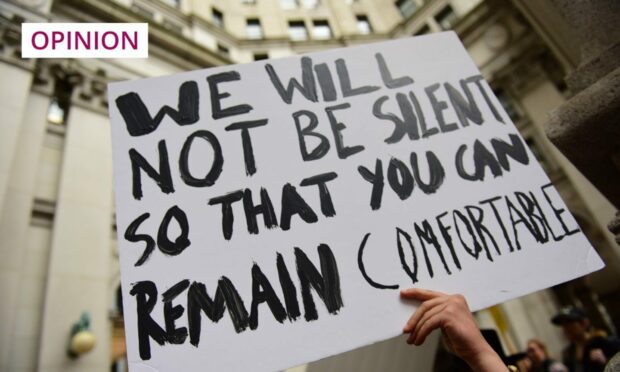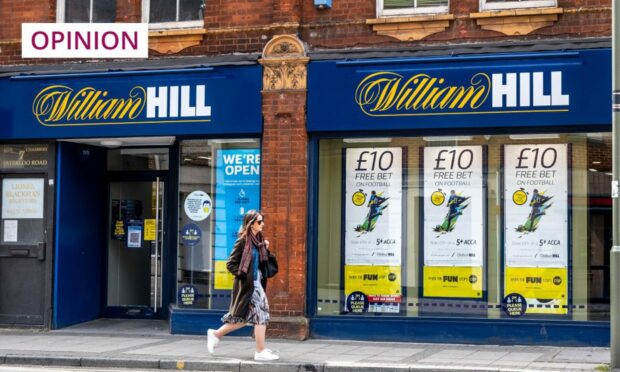A new study suggests more undergraduate students than ever before support strong restrictions on free speech.
The Higher Education Policy Institute asked 1,000 students at UK universities about free speech issues, and compared the results with an identical survey in 2016.
Most respondents believed one or more political groups should be banned from speaking at universities. Not just controversial parties like the British National Party, but the Conservatives, Labour, and the SNP. Just 13% said no political parties should be censored, down from 27% in 2016.

Almost 40% of students said unions should ban all speakers that cause “offence” to some students – more than double the number who said this in 2016. And 86% supported “trigger warnings” (up from 68% in 2016), while 62% supported “safe-space” policies (up from 48% in 2016).
The proportion of students who said academics should be fired if they teach material that heavily offends was also high: 36%, up from 16% in 2016. And, just a third of students said a full range of resources should be included in university libraries, regardless of content, down from 47%.
Free speech is the lifeblood of any democracy
The survey illustrates the low value afforded to free speech, debate and open inquiry in higher education today. Many students appear more concerned with the fictional right not to feel offended than the actual rights upholding their very way of life in a modern, liberal democracy.
This is worrying. Students who believe in and respect free speech today will become the police officers, judges, and politicians of tomorrow, tasked with championing this right for others. The importance of affirming and celebrating vital liberties in academia can hardly be overstated.
Free speech is the lifeblood of any democracy. It allows societies to exchange and interrogate ideas, and empowers the marginalised to stand up against injustice. When free speech is undermined, the marketplace of ideas is diminished, and the air supply flowing to the engine of equality is restricted.
Encourage free speech, empathy and understanding
Free speech is not a liberty to be abused, of course. As the author Jacob Mchangama notes, this liberty shines brightest when combined with a “moral obligation to extend solidarity and compassion to those targeted by hatred and exposing and condemning those engaging in it”.
Free speech and considerate speech are not mutually exclusive things
In general, we should err on the side of more free speech, whilst encouraging more empathy and understanding. This is what the liberal tradition has historically allowed for. Free speech and considerate speech are not mutually exclusive things.
The problem in universities today, and our wider public life, can be summed up in a few words: we have forgotten how to disagree well. We urgently need to remember. Until we do, I fear a lack of progress, and increased polarisation will be the direction of travel.
Jamie Gillies is a campaigner and commentator based in the north-east of Scotland

















Conversation